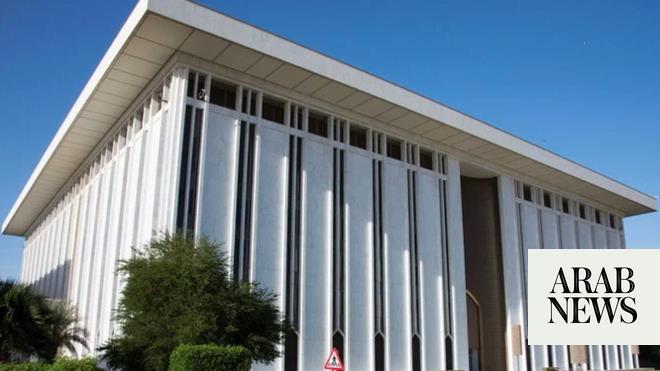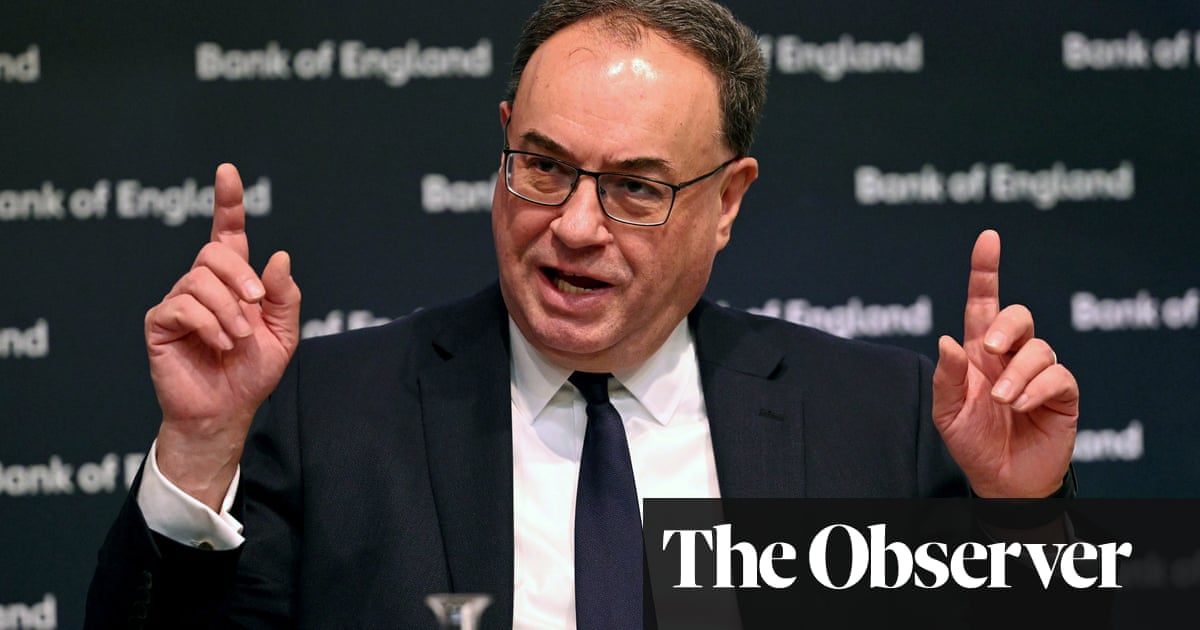
New Zealand’s central bank has lifted interest rates for the second time in as many months to 0.75%, with many forecasters expecting borrowing costs to rise to at least 2% by next year and possibly higher.
In a warning signal for central banks around the world as they struggle to contain inflationary pressures, the Reserve Bank of New Zealand (RBNZ) raised the official cash rate by 25 basis points to 0.75% as expected in its final policy meeting of the year on Wednesday.
The RBNZ’s forecasts signalled a more aggressive tightening cycle, reaching 2.5% by 2023 and going higher by December 2024.
Its governor, Adrian Orr, warned that homeowners in New Zealand’s red-hot housing market had to prepare for tougher times ahead.
“Homeowners who have just entered the market with extremely high leverage levels have to be incredibly wary and have to understand they have to weather the higher interest rates,” Orr said.
Independent economists agreed that borrowing costs are going to go up quite quickly in the coming months.
“Given the heat in the economy we think the RBNZ is far from done,” said Ben Udy, economist at Capital Economics. “We expect the bank to continue to hike rates next year to about 2.0% by the middle of next year.”
Michael Gordon, acting chief economist at Westpac bank in Australia, said he thought the RBNZ could raise rates by 0.5% when it meets in February and that rates could go further than 2.5%.
“We continue to expect a series of hikes over the coming policy meetings, and we’re forecasting the cash rate to reach a peak of 3% in the third quarter of 2023.”
The decision by the RBNZ, which began its so-called tightening cycle by raising rates by 0.25% in October, came hours after the former governor of the Bank of England, Mervyn King, said central bankers had been caught unawares by rising prices that have exposed their “King Canute” theory of inflation.
Lord King used a speech in London to accuse banks across the world of relying too heavily on models that showed inflation returning to low levels even without adjusting interest rates upwards. Theories of inflation had to explain changes wrought in the financial system by banks’ money printing schemes, which King said had become “unsustainable”.
Pressure on the US Federal Reserve to raise rates increased earlier this month when the October inflation figure hit a 30-year high of 6.2%, driven by rising energy costs and shortages across the whole economy in the wake of post-pandemic dislocation of supply chains.
Although the Fed believes inflation is “transitory” and has guided markets that it is not expecting to hike rates until the end of the next year, there is growing expectation that it might acknowledge investor concerns by withdrawing the massive post-pandemic monetary stimulus more quickly than planned when it meets on 14-15 December.
Inflation is a global problem and Britain is not far behind the US with an inflation rate of 4.2% in October. The Bank of England came close to raising rates earlier in November. That near miss has left most forecasters certain that the monetary policy committee will act when it meets on 16 December. The European Central Bank’s policy-setting committee meets on the same day.
In common with larger economies, New Zealand has used huge amounts of fiscal and monetary stimulus to alleviate pandemic pain and help the economy recover strongly. This has in turn pushed inflation to its highest and the jobless rate to its lowest in over a decade. Annual inflation hit 4.9% in the third quarter, the fastest pace in more than a decade while the jobless rate fell to 3.4%, matching its lowest on record from December 2007.
Meanwhile, house prices have doubled over the past seven years and are the least affordable among OECD nations.
These pressures prompted the RBNZ to raise rates in October and flag more tightening. The country is set to end lockdowns and move into a system of living with the virus from 3 December, allowing all businesses to resume operations.











